Tokyo Tech Bulletin is an email newsletter introducing Tokyo Tech's research, education, and students' activities. The latest edition, "Tokyo Tech Bulletin No. 62," has been published.
To get the most recent news from the Institute directly to your inbox, subscribe to Tokyo Tech Bulletin outer now.
SPECIAL TOPICS
Exosomes and their role in how cancer spreads
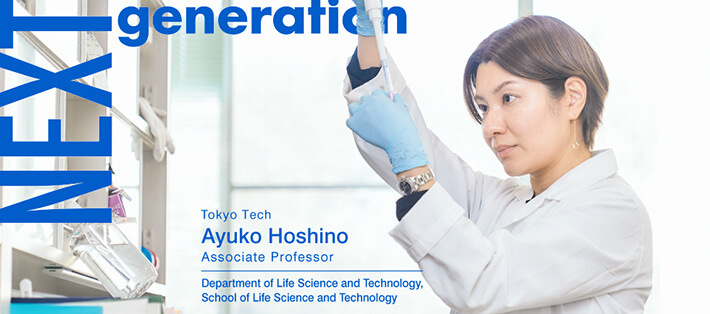
"Exosomes" are tiny particles released by all cells. Ayuko Hoshino, an associate professor at the School of Life Science and Technology, was the first to discover that exosomes are involved in determining which organs certain cancers metastasize to.
Manabu Ihara - Creating an ambient energy society - Fighting global warming and growing the economy can go together!

Manabu Ihara, professor at the School of Materials and Chemical Technology and an expert in environment and energy research, launched the InfoSyEnergy Consortiumouter in November 2019 to promote research and education spanning big data science and energy. The goal is to create a sustainable energy society that brings together global warming countermeasures and economic revitalization, what Ihara envisions as an "Ambient Energy Society."
Living in a world with COVID-19 Part 2: Approaches to shifting lifestyles in VR, tourism, and stress management

Following Part 1 of the Living in a world with COVID-19 series (No.60 Bulletin), which showcased recovery efforts from the perspectives of medicine and engineering, this Part 2 covers the latest research on adapting to the new lifestyles and stresses brought on by COVID-19.
Engineering Design Project (EDP) prototypes aim to solve users' problems
Participants of EDP, a project-based learning experience included in Tokyo Tech's Engineering Sciences and Design (ESD) course and the Cross Border Entrepreneurship Education (CBEC) program, concentrate on discovering potential needs, proposing solutions, and creating prototypes based on real-world problems. The most highly evaluated prototype created in academic year 2020 was on display at Tsutaya Electrics Plus, a next-generation showroom.
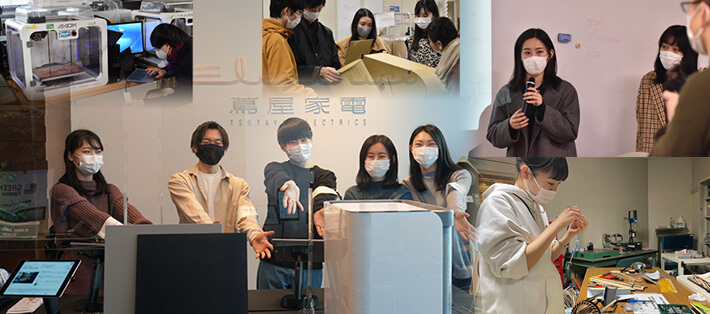
Research
Sustainable construction using eco-friendly concrete: Press webinar with Assoc. Prof. Masatoshi Kondo
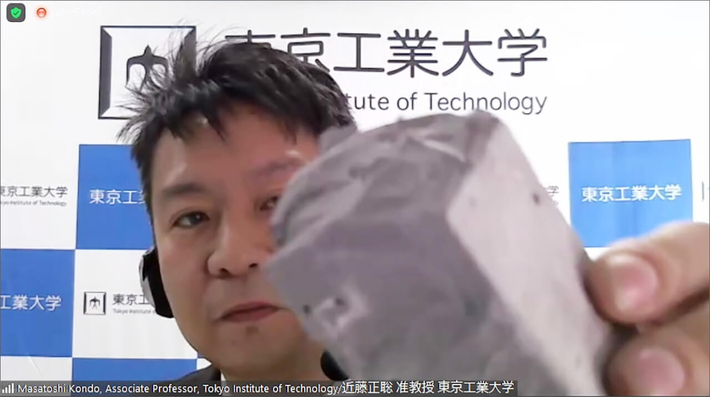
Associate Professor Masatoshi Kondo (Laboratory for Advanced Nuclear Energy, Institute of Innovative Research, Tokyo Institute of Technology) spoke at a press webinar hosted by the Japan Association of Communication for Science and Technology. Kondo presented findings on the theme of &puot;Going sustainable in construction - Using 'liquid metal' to make eco-friendly concrete.&puot; Kondo explained the cutting edge of research on reinforced concrete made with fusible metal fibers to realize a resource-recycling society.
Turning the Heat on: A Flexible Device for Localized Heat Treatment of Living Tissues
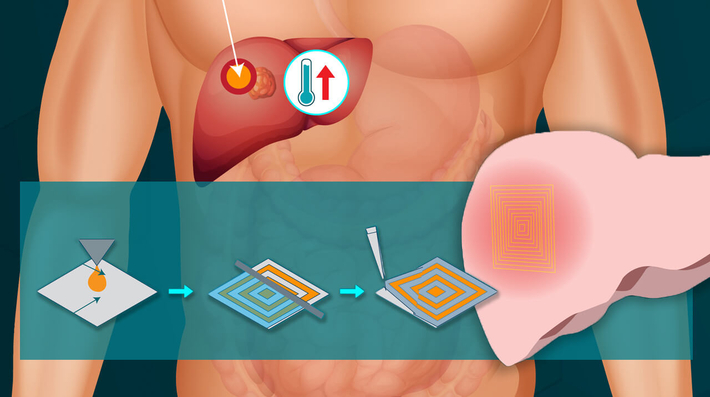
Combining thermotherapy with other treatment modalities can improve the treatment's effectiveness. However, there is a dearth of suitable heat-generating wireless devices that can be implanted in the patient's body enabling greater flexibility and ease of treatment. Recently, researchers at Tokyo Institute of Technology (Tokyo Tech) have invented a unique induction-based flexible heating device that can address these gaps. The study has been published in the journal Advanced Functional Materials.
Lean and mean: Maximizing 5G communications with an energy-efficient relay network
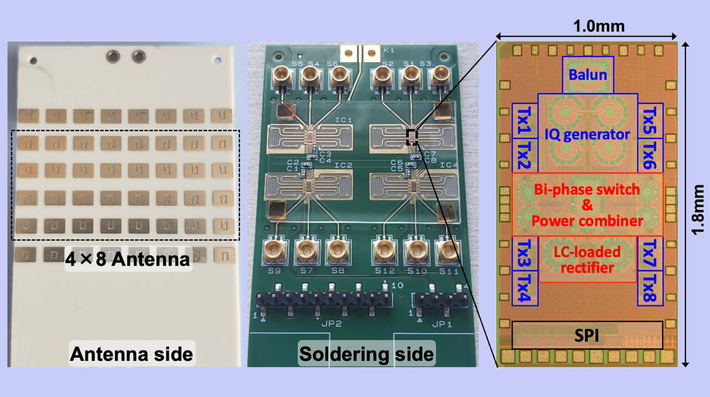
Scientists at Tokyo Institute of Technology (Tokyo Tech) have developed a wirelessly powered relay network for 5G systems. The proposed battery-free communication addresses the challenges of flexible deployment of relay networks. This design is both economical and energy-efficient. Such advances in 5G communications will create tremendous opportunities for a wide range of sectors.
New Nondestructive Broadband Imager Is the Next Step Towards Advanced Technology
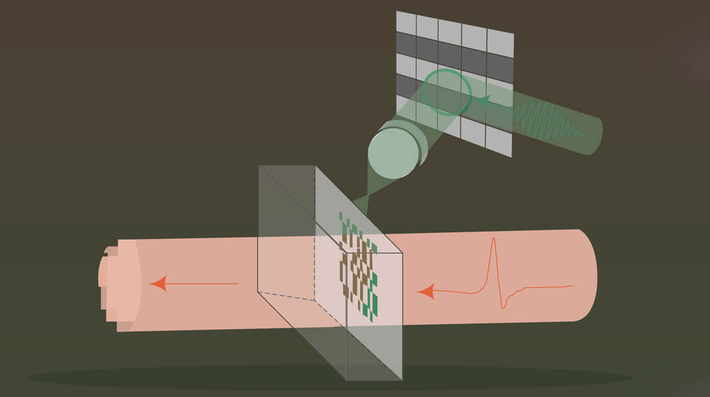
Scientists at Tokyo Institute of Technology (Tokyo Tech) have designed a versatile sensing platform with a compact source-camera module that enables 3D feature extraction of curved objects at multiple frequencies ranging from terahertz to infrared light. In their paper, they demonstrate rapid, omnidirectional photo-monitoring performance after integrating their platform to a robot-assisted movable arm, offering a way to realize an Internet of Things system of sensor network.
Life may have become cellular by using unusual molecules
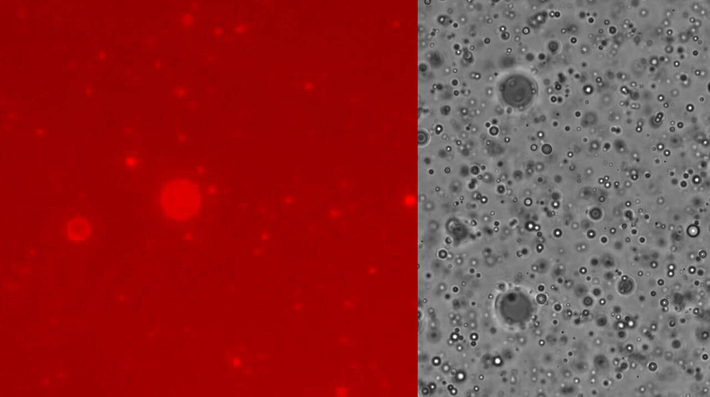
All modern life is cellular, but how life came to be cellular remains uncertain. New research suggests chemical compounds likely common on primitive Earth may have helped scaffold the emergence of biological cellularity.
Scientists find molecular patterns that may help identify extraterrestrial life
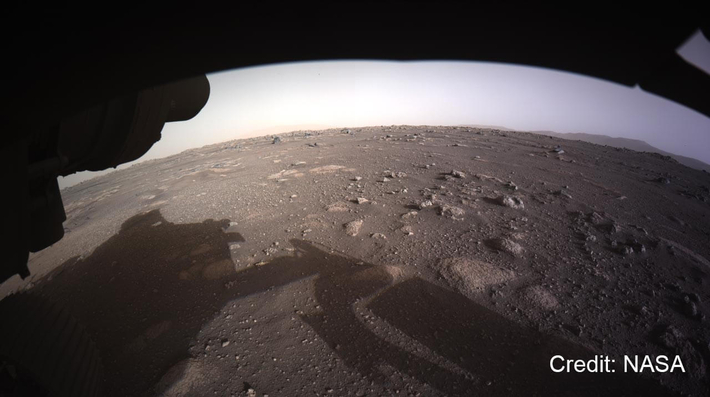
A new study by a joint Japan/US-based team, led by researchers at the Earth-Life Science Institute (ELSI) at the Tokyo Institute of Technology, has developed a machine learning technique which assesses complex organic mixtures using mass spectrometry to reliably classify them as biological or abiological.
Ice core data show why, despite lower sulfur emissions in U.S. and Western Europe, air pollution is dropping more slowly
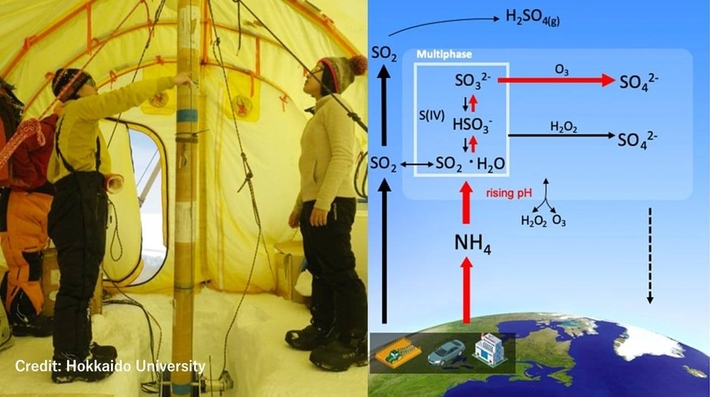
Ice core data from Greenland shows why air pollution is reducing slower than sulfur emissions reductions. As cloud droplets become less acidic, the chemical reaction that turns sulfur dioxide into sulfate aerosol gets more efficient. These results can improve the models that project air quality and climate change.
In the spotlight
. Any information published on this site will be valid in relation to Science Tokyo.













